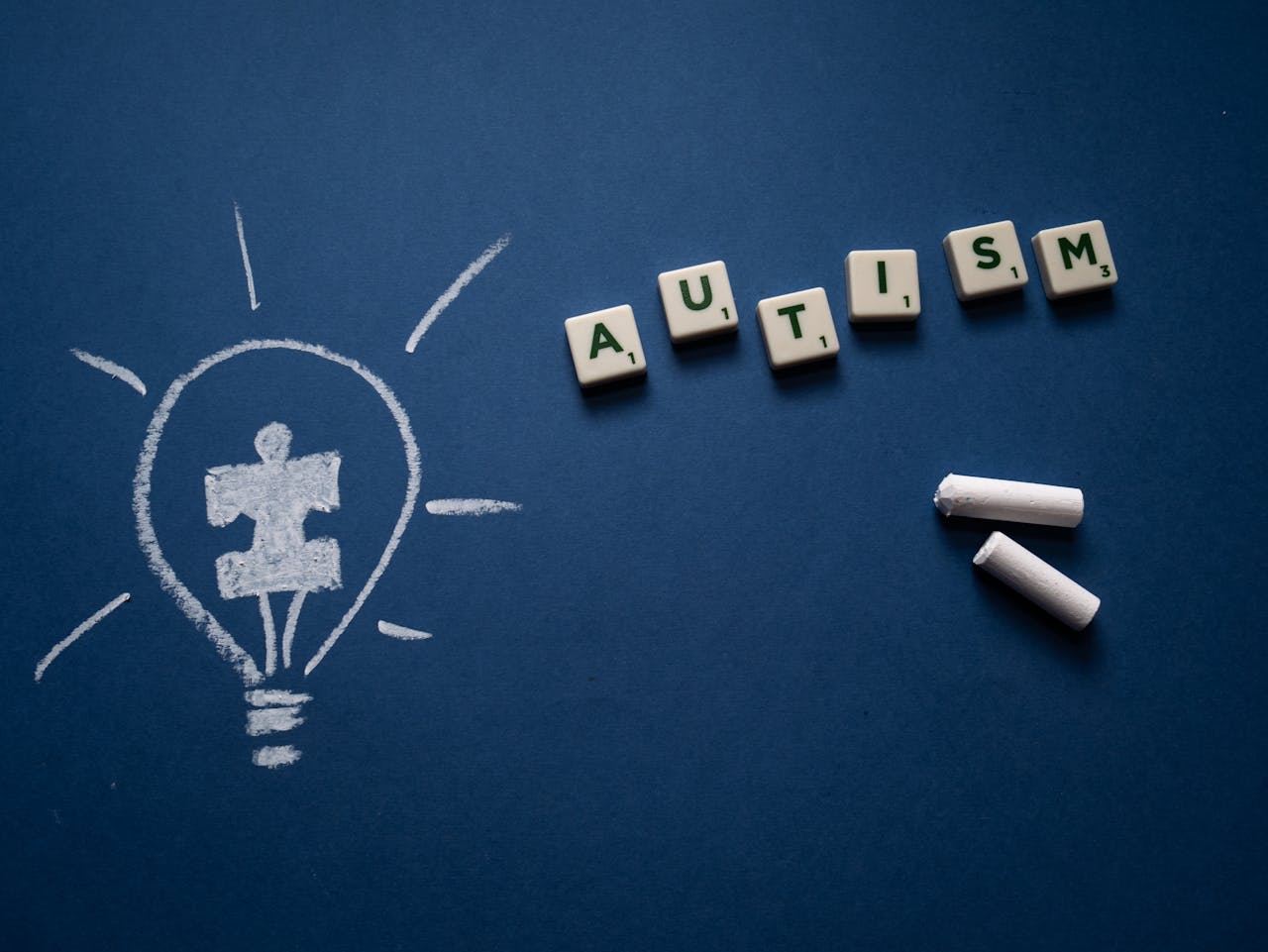Psychiatrist and research specialist, often encounter confusion surrounding the relationship between autism spectrum disorder (ASD) and attention-deficit/hyperactivity disorder (ADHD) with caregivers. It’s not uncommon for parents to wonder whether their child’s behaviors fall under one diagnosis, the other, or possibly both. In this blog post, I aim to shed light on the intersection of these two neurodevelopmental conditions, providing clarity and examples along the way.
(My son has both. Autism and ADHD.)
Firstly, it’s crucial to understand that autism and ADHD are distinct but frequently co-occurring conditions. While they have unique diagnostic criteria, they share certain symptoms and characteristics, leading to overlapping traits in some individuals.
Autism, characterized by challenges in social communication and interaction, alongside restricted and repetitive patterns of behavior, affects how individuals perceive and socialize with the world around them. ADHD, on the other hand, primarily involves difficulties with attention regulation, hyperactivity, and impulsivity.
However, many children with autism also exhibit symptoms of ADHD, such as inattention, impulsivity, and hyperactivity. Similarly, children with ADHD may demonstrate traits associated with autism, including social difficulties and repetitive behaviors.
To illustrate this overlap, consider a scenario where a child, let’s call him Alex, displays behaviors that could be indicative of both conditions. Alex struggles to maintain eye contact during conversations, has difficulty understanding social cues, and often engages in repetitive movements like hand-flapping. Additionally, he finds it challenging to sit still in class, frequently interrupts others, and has trouble focusing on tasks for an extended period.
In this case, Alex’s behaviors encompass features of both autism and ADHD. It’s not uncommon for clinicians to diagnose such children with both conditions, recognizing the complex interplay of symptoms.
Understanding this overlap is essential for parents, as it can inform interventions and support strategies tailored to their child’s unique needs. For instance, while traditional ADHD treatments like stimulant medications may help manage symptoms of inattention and hyperactivity, they might not address the core social and communication difficulties associated with autism. Therefore, a comprehensive approach involving behavioral therapy, social skills training, and individualized education plans may be more beneficial for children with both autism and ADHD.
Moreover, recognizing the co-occurrence of these conditions can alleviate feelings of confusion or frustration parents may experience when trying to understand their child’s behaviors. It’s not uncommon for parents to wonder why certain strategies that work for neurotypical children may not yield the same results for their child with autism and ADHD. By acknowledging the complexity of their child’s neurodevelopmental profile, parents can seek out specialized support and resources tailored to their needs.
In conclusion, the relationship between autism and ADHD is multifaceted, with overlapping symptoms and characteristics that can pose diagnostic challenges. By understanding this overlap and recognizing the unique strengths and challenges of their child, parents can advocate for appropriate interventions and support, ultimately fostering their child’s growth and development.
If you suspect that your child may have autism, ADHD, or both, I encourage you to seek guidance from a qualified healthcare professional experienced in diagnosing and treating neurodevelopmental conditions. Remember, early intervention and support can make a significant difference in your child’s journey towards reaching their full potential.
References:
- American Psychiatric Association. (2013). Diagnostic and statistical manual of mental disorders (5th ed.). Arlington, VA: American Psychiatric Publishing.
- Lugo-Marín, J., Magán-Maganto, M., Rivero-Santana, A., Cuellar-Pompa, L., López-Arribas, S., Bello-Morales, R., … & Borges-González, G. (2019). Comorbidity in ADHD: A systematic review. Part I: Commonly associated disorders. Neuroscience & Biobehavioral Reviews, 102, 23-41.
- Matson, J. L., & Shoemaker, M. (2009). Intellectual disability and its relationship to autism spectrum disorders. Research in developmental disabilities, 30(6), 1107-1114.



